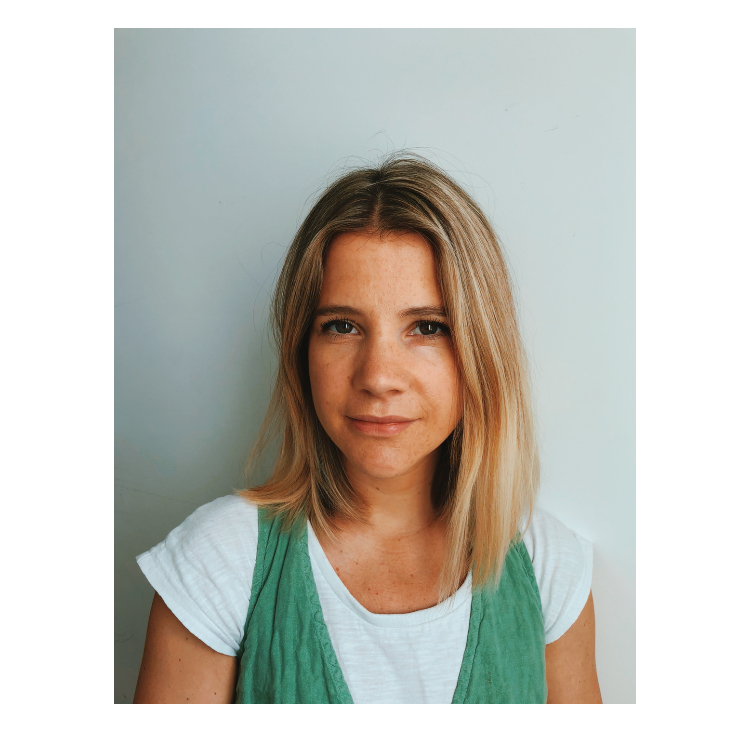Children’s Laureate Lauren Child on regrets, superpowers & feminism
We sent roving reporter Rosa, aged 7, to interview Lauren Child who was at Hay Festival to discuss her role as Children's Laureate
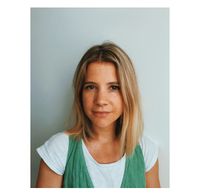
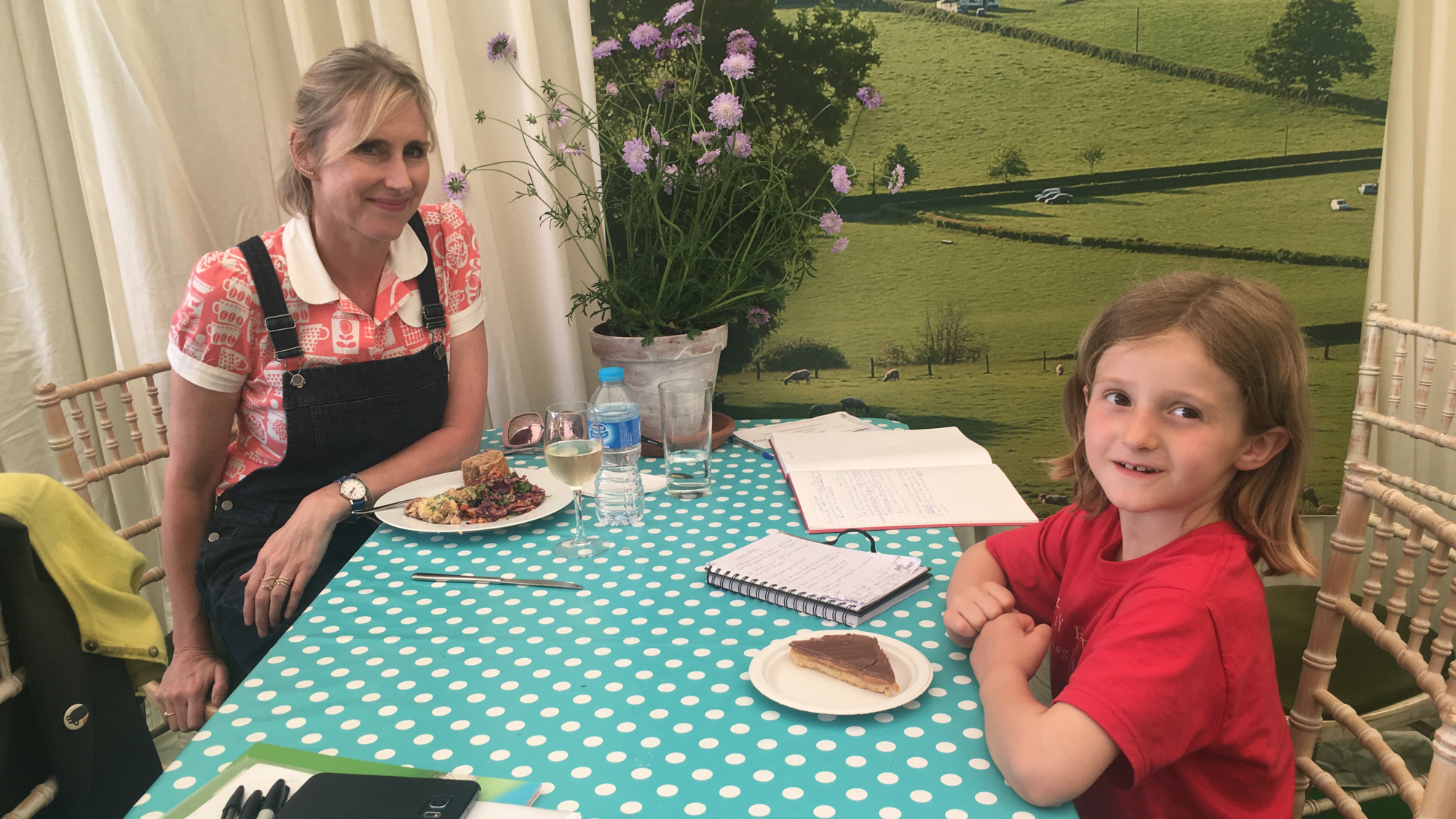
Celebrity news, beauty, fashion advice, and fascinating features, delivered straight to your inbox!
You are now subscribed
Your newsletter sign-up was successful
We sent roving reporter Rosa, aged 7, to interview Lauren Child who was at Hay Festival to discuss her role as Children's Laureate
Author and illustrator Lauren Child, 52, is the brain behind the hugely successful Charlie and Lola, Clarice Bean, and Ruby Redfort series. The 10th Children's Laureate, she lives in North London with her eight-year-old adopted daughter, and her partner, Adrian Darbishire. On a sunny Saturday at Hay literary festival, where Child is one of this year's headliners, the writer met our intrepid reporter, 7-year-old Rosa, to discuss feminism, creativity, and why she refuses to discuss her relationship status, over lunch in the artist's restaurant...
Why are you at Hay?
'I get cross at the idea of putting everybody in boxes, of always wanting to categorise, because it shuts things down. I don’t love the idea that you have to be particularly talented or good at something in order to do it. As Children’s Laureate I’ve been asked to talk at Hay about things that are important to me. One of those things is creativity and the way it crosses over through seemingly different disciplines like art, maths, and science. True creativity comes when ideas collides.
My other talk is with mathematician Marcus du Sautoy who co-created my Ruby Redfort series [about a precocious 13-year-old spy]. In the books, I wanted to make the problems Ruby is solving really difficult, so I teamed up with Marcus, who created all the problems for the reader to solve. With Ruby Redfort, I wanted to write about a girl, because girls are not often allowed to headline books in the same way as boys. There is this idea that boys won’t read books with a girl in the title. I wanted to prove that you can have a lead who just happens to be a girl. It’s not about "girl issues", it’s very much a thriller, but also Ruby is very clever. I didn’t want her to be clever and an outsider, I wanted her to be clever and popular so people would want to be her. I want to take away the idea that if you’re good at science and maths that you’re a geek. It’s actually a kind of superpower to be good at those things.
I also really wanted to write about a girl who was good at all those things I would have loved to have been, like maths; and who dares to say what she thinks without worrying what people will think of her. A girl who does what she thinks is right. We live in a very judgey world at the moment. Technology should be about the communicating of ideas; we have all these great devices which can be a power for good but I think they have become about limiting other people’s ideas and shutting down discussions.'
What are your hopes for girls like me for the future?
Celebrity news, beauty, fashion advice, and fascinating features, delivered straight to your inbox!
'Well, I think as women we have a terrible habit of turning on each other. There’s a lovely bonding and friendship but I do think sometimes things can turn inwards and that can be our downfall. I have stopped reading those magazines that point out people’s flaws. Sometimes women do this more than men, and it’s very easy to do that. Now I try very hard not to. Beyond that, I’m always now counting how many women there are in leading roles, how many books by women there are that are not just seen as ‘for women’. The whole chick-lit label is so patronising. I greatly admire [Thelma and Louise actress] Geena Davis. Her movement in Hollywood is very quiet. She is arguing for 50/50 women on film-sets, and it’s one of those things we can actually achieve in order to make things more equal.
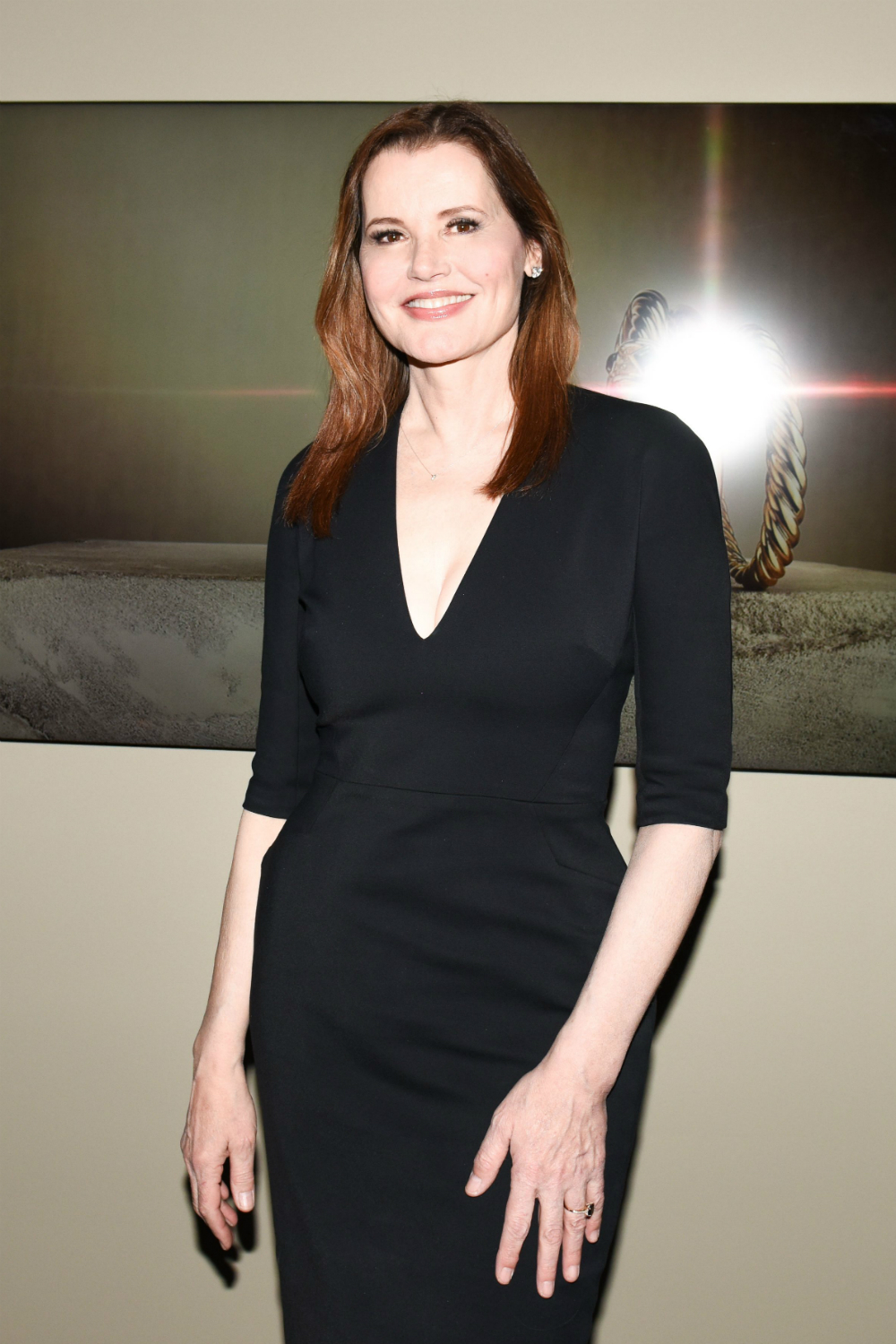
Also, until I had my daughter, I’ve lost count of how many times I was asked when I was going to settle down and have a child. It’s very painful when you’re trying for one. I’m also often asked about my relationship status and my age. I refuse to talk about my age, as if that has some bearing on my status, as if it somehow defines my work and where I am in my life. Also – and this might be controversial – but I would like the word ‘mrs’ to go, altogether. Why do we always have to state where we are with our relationships and men never do? My daughter has my surname and I feel very strongly that that is the way it should be.'
Who is the most important female voice right now?
'One of the women I’ve admired so much in recent times is Michelle Obama, because she is so much a person in her own right, even when having to stand with someone like Obama – and she definitely stood with him rather than behind him – she was still so much her own personality with her own voice and opinions.
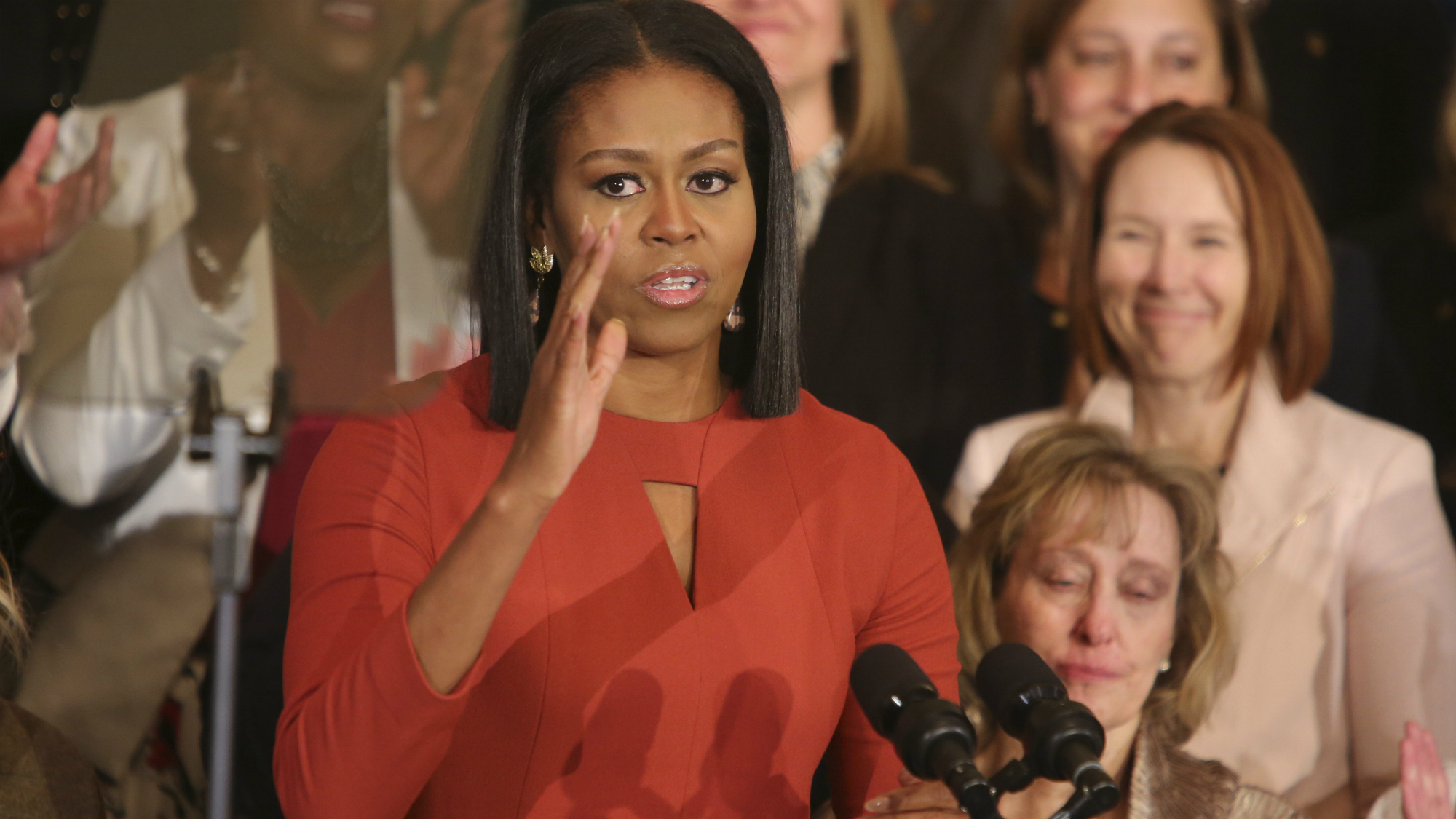
She has had a lot flung at her, some really hateful stuff, but she is always rising above it and bearing it with so much grace, without ever sinking. I think how heartening that is, and it reminds me of the importance of doing that if you can. When someone writes something personal about you, you think "why bother to say that?" If someone doesn’t like my books, I can absolutely accept that. That’s fine. But when it’s personal you wonder why.'
What was your favourite children’s book when you were a child?
'The Shrinking of Treehorn is a trilogy written by the American author Florence Parry Heide, and it’s the perfect match of illustrating and writing. It’s so beloved in America that they have a day dedicated to Florence. It was one of the first books I ever read as a child, it’s beautifully funny. It is also talking about something very important, because adults don’t always listen to children. My publisher in the US told Florence I loved her books and we started writing to each other. My one regret is that I never got to meet her in person before she died.
The second is The 18th Emergency by Betsy Byars. It’s about a boy who is terrified he is going to be beaten up at school. It’s about children talking but adults not really hearing what they’re saying. For a child things aren’t as simple as we as adults think it is, and because of that you often have to go through these things alone when you’re a child. For an adult, however much we want to, we can’t live our lives for our children. It’s a very profound message.'
